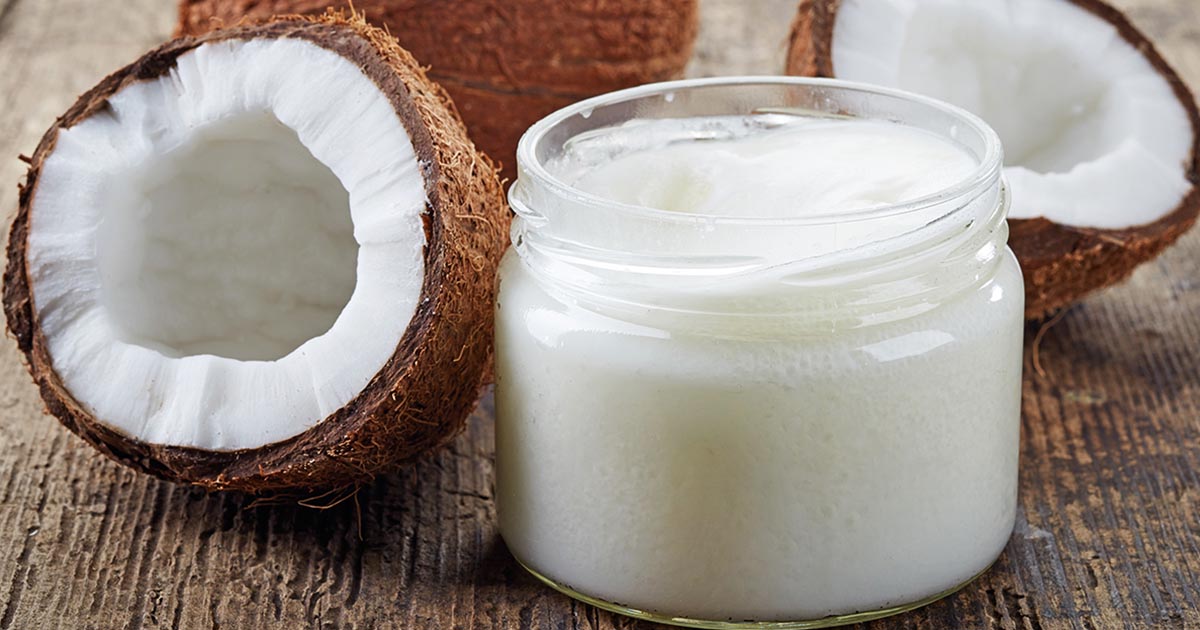Coconut Oil – Miracle Cure for Psoriasis?
There are many conflicting opinions out there on whether coconut oil is a good treatment for psoriasis. Some claim coconut can cure psoriasis and many other health conditions as well. But doctors insist there is very little scientific evidence proving coconut oil’s effectiveness for treating psoriasis. So, should you try coconut oil or not?
About Coconut Oil
Coconut oil contains a mixture of fatty acids, particularly short and medium chain fatty acids such as lauric acid and myristic acid. Lauric acid decreases inflammation and fights various microorganisms such as fungi, viruses and bacteria, according to research. There are also a number of plant chemicals in coconut oil that have not yet been researched, and the answer to why many people consider it a miracle-working health food may be in those chemicals, suggests Harvard scientist Dariush Mozaffarian.
Although very few scientific papers have evaluated the benefits of coconut oil for skin conditions, you may find it helpful for reducing the inflammation associated with psoriasis and preventing skin infections when applied topically.. Since it is an oil, it is an excellent moisturizer when applied on the skin. In cosmetic industry, coconut oil is used as a hydration balancing agent and conditioner because it helps hydrate the scalp and skin. Applying coconut oil topically may help prevent dry skin and its associated itchiness, and helping to remove scales.
Go Organic
If you are going to use coconut oil as part of your psoriasis treatment, choose organic, pure, virgin coconut oil, because it is not hydrogenated. Hydrogenation is the process of adding hydrogen to make a liquid fat turn solid, which generates trans fats. Whether you want to consume this oil in foods or apply it on your skin, you should stay away from products that say “refined coconut oil” on the label because these products are not only refined, but bleached and deodorized.
How To Use Coconut Oil for Psoriasis
Apply coconut in liquid form (coconut oil turns liquid at temperatures above 75F) on the affected areas (including your scalp) after an evening shower, then wash your hair and skin in the morning. Coconut oil is a great replacement for hair conditioner and regular creams and skin moisturizers. Keep in mind the Food and Drug Administration classifies coconuts as tree nut allergy. If you have tree nut allergy, consult your doctor before using coconut oil. If you develop a rash or worsening of the symptoms stop use.
Coconut oil is not a cure of psoriasis, but you may very well see improvements in your skin with its use. Many people notice their skin heals faster and is less inflamed, dry, itchy and prone to infection.Try it and see how it works for you.















